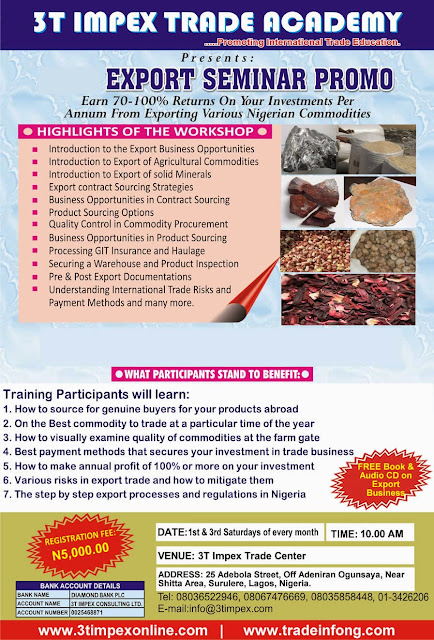This clip covers the following areas of the training:
1. The Routes A of the SONCAP Process
2. The Routes B of the SONCAP Process
3. The Routes C of the SONCAP Process
4. The Foreign Exchange Forms and Functions: Form M
5. The Foreign Exchange Forms and Functions: Form A
6. The Foreign Exchange Forms and Functions: Form NXP
7. The Foreign Exchange Forms and Functions: Form NCX



